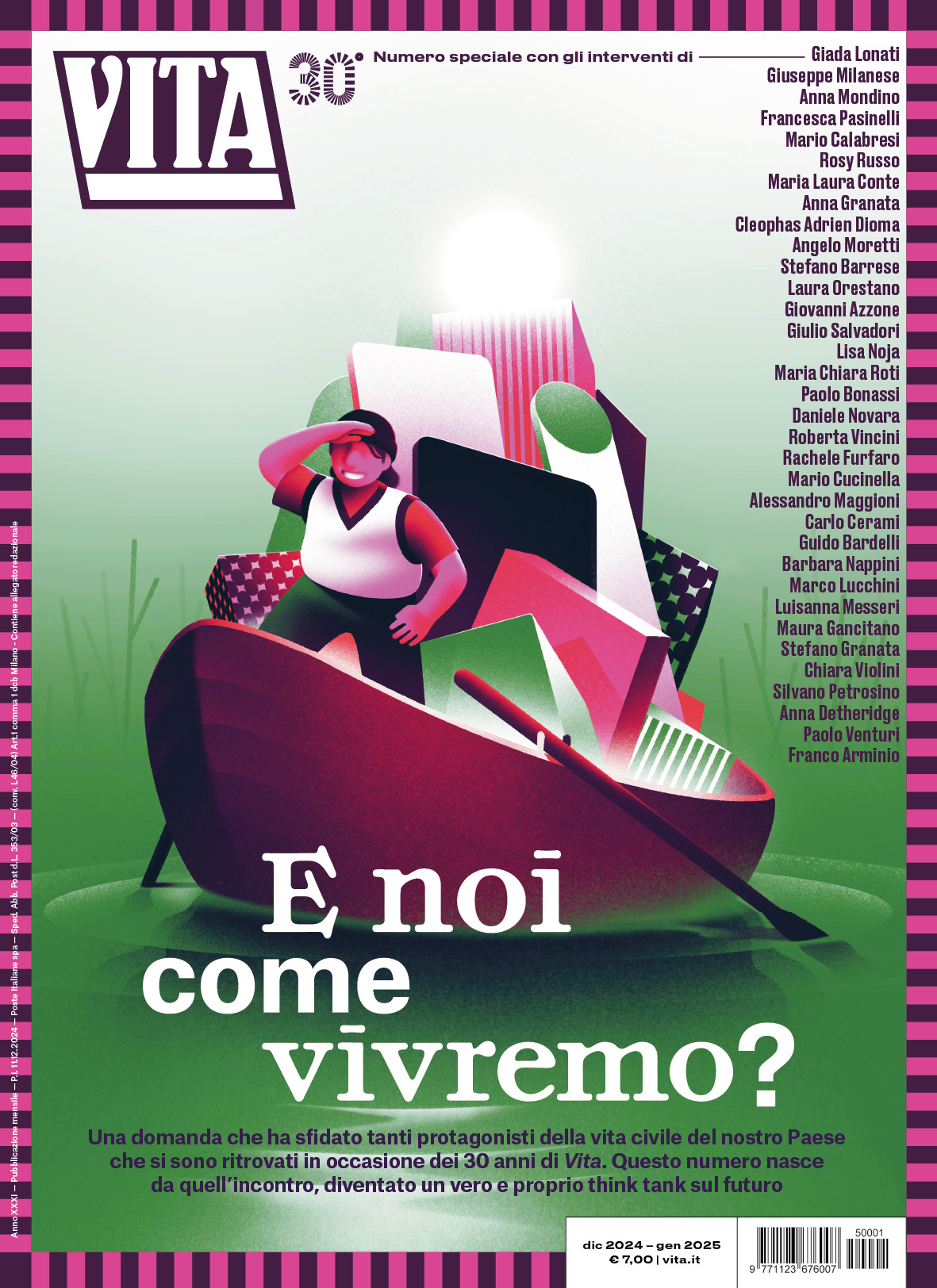Politica
Europe is forgetting how to read
According to the EU, literacy rates in Europe are lagging far behind the rest of the world
di Staff

The European Commission has sounded the alarm over the “masses” of poor readers and early school-leavers across Europe.
One in five 15-year-olds in Europe lacks the basic reading and writing skills needed on the job market, compared with six percent in Korea, 10 percent in Canada and 14 percent in Japan, the European Commission said. “We are frankly failing these children and we must act now,” said commissioner for education Androulla Vassiliou.
To top off the bleak picture, almost a third of the adult workforce, 80 million people, are estimated to have only low or basis skills in literacy. “Many simply cannot cope with the daily requirements of social and economic life,” added Vassiliou.
The dramatic figures come as experts forecast a giant drop in the market for unskilled workers in Europe, with jobs requiring high qualifications expected to increase by 35 percent by the end of the decade, against 29 percent now.
“These people will increasingly find themselves knocked out of the labour market and society,” Vassiliou added.
To facilitate efforts to improve literacy, the European Union on Tuesday set up a high-level panel of experts, chaired by Dutch Princess Laurentien, also a UNESCO literacy envoy. It is to offer proposals by mid-2012 to improve literacy.
Its launch came a day after the commission issued a separate action plan on the equally dire problem of the EU’s more than six million early school-leavers — meaning 14.4 percent youngsters quit class with few qualifications.
That problem varies hugely across the 27-nation bloc, hitting one in three young people in Malta, Portugal and Spain and one in 10 in seven member states — Austria, Czech Republic, Finland, Lithuania, Poland, Slovakia and Slovenia.
The EU is offering funding to help reduce early school leaving and is putting its guidelines up for discussion by the bloc’s education ministers.
Nessuno ti regala niente, noi sì
Hai letto questo articolo liberamente, senza essere bloccato dopo le prime righe. Ti è piaciuto? L’hai trovato interessante e utile? Gli articoli online di VITA sono in larga parte accessibili gratuitamente. Ci teniamo sia così per sempre, perché l’informazione è un diritto di tutti. E possiamo farlo grazie al supporto di chi si abbona.
